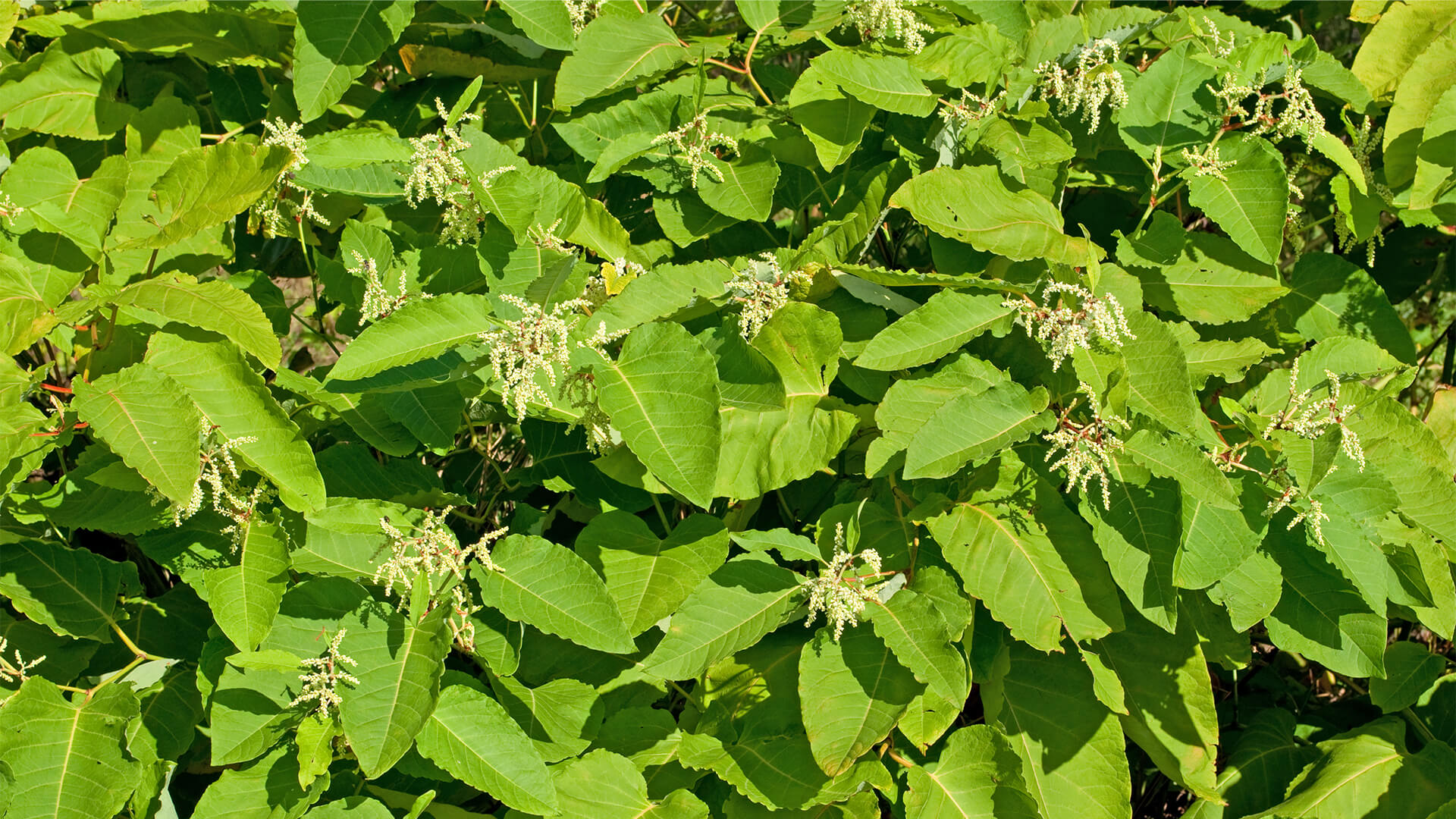Smart mowing
The MowHawk is a smart modular camera system that is installed on the cutter bar of a mowing combination (or any machine) and aims to facilitate nature inclusive roadside management. On the one hand, real-time information is transmitted to the driver of the mowing combination regarding the exact location and possible presence of invasive exotic species, so that the driver can act accordingly. On the other hand, the MowHawk serves as a data collection system through which litter, vegetation, insect population and possibly other issues are imaged, analyzed and archived in a data warehouse.
Real-time customized mowing management
On the screen in the tractor cab, the driver sees real-time mowing directions on the online map. It shows exactly where to mow and what has already been mowed.
The quality of the grass clippings is determined by the amount of litter, weight and invasive exotics. This quality is immediately visible to both the driver of the tractor and also the managing party, who can follow the progress via the online dashboard of the 'Cloud' module. Based on these insights, the next step for processing the grass clippings can be determined.
Information, insight and policy
In addition, the MowHawk brings the berm to the desk, so to speak. The images are stored for future analysis and training new models. Retrospectively, new algorithms can also be applied to old mowings. Thus, new insights are gained about roadsides mowed in the past. Improved insight through improved information lays the foundation for policies leading to nature-inclusive roadside management.
Direct revenues
Detection of dirt, invasive exotics and mass weight reduces the amount of handling required to compost the biomass, allowing processing prices to be negotiated to a lower price. In addition, the elimination of dirt and invasive exotics makes the roadside grass clippings suitable for other, higher-value processing methods. In addition, the system provides a substantial savings in clearing costs because there is less need for visual inspections due to tracking mowing movements in the software.
Indirect revenues
Through smart roadside management, indirect returns are obtained through increased insight and biodiversity. With the help of the intended technology, comprehensive insight into roadside data is provided. This allows proactive response to changes in roadsides.
In addition, information is obtained for the purpose of controlling invasive exotic species, which prevents future costs in case of damage. Revenue is also obtained indirectly through increased biodiversity, as real-time information allows for nature-friendly mowing. This conserves flower seeds and insect eggs and creates and refuge for insects. Thus, external costs of impoverished biodiversity are avoided.

